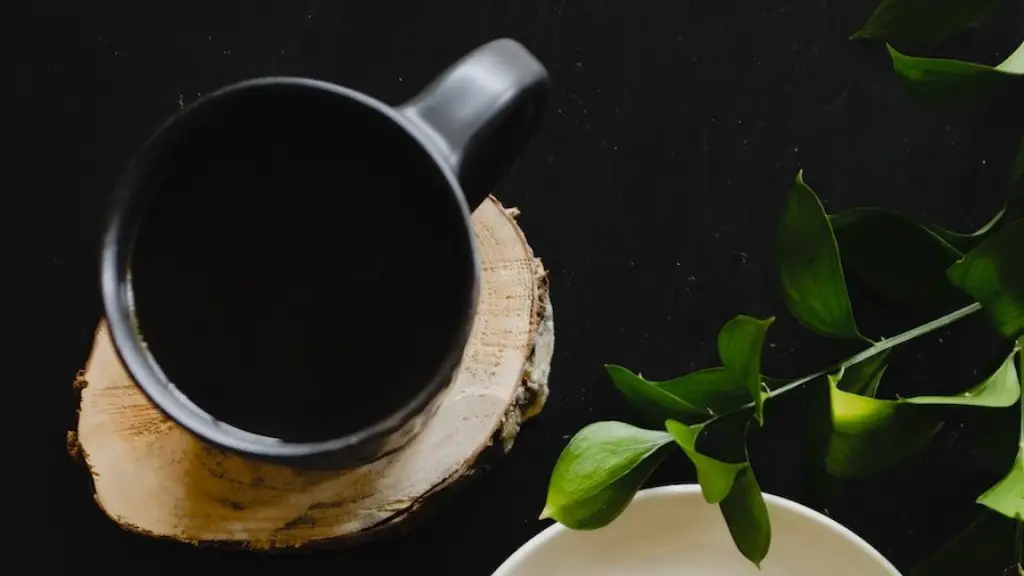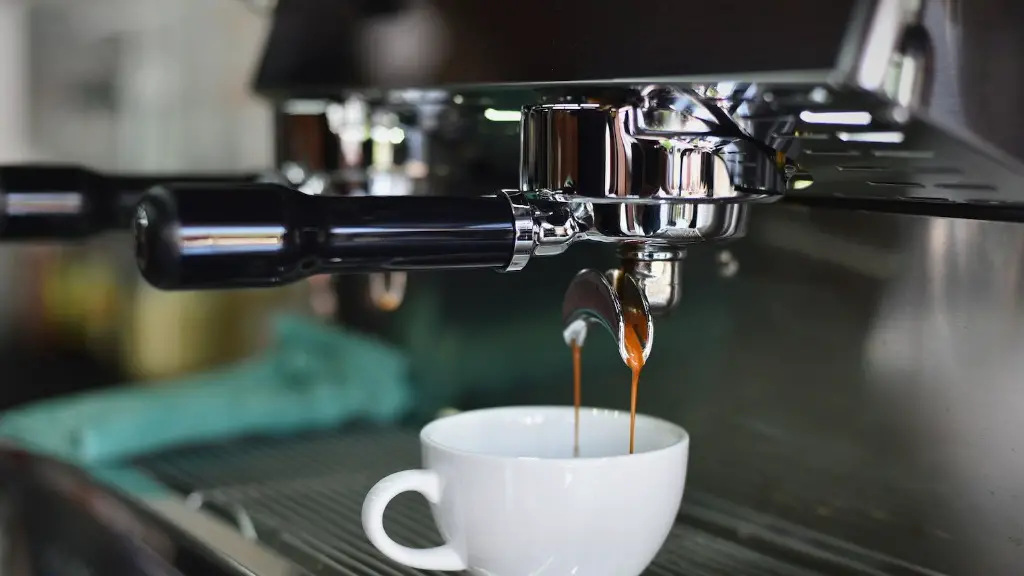Can You Drink Coffee After Chemo?
The idea of drinking coffee after having undergone chemotherapy might be a little nerve-wracking for some. It is a personal decision that needs to be weighed carefully. This article will provide an in-depth look at the effects that coffee can have when taken after chemotherapy, as well as the impact it can have on one’s overall health and wellbeing.
Coffee is a popular beverage that is known to bring many physical and psychological benefits, such as increased alertness, improved concentration and mood, and enhanced physical performance. It is also a great source of antioxidants, which help protect your cells from damage. However, when it comes to drinking coffee after chemotherapy, these benefits may not always outweigh the potential risks.
It is important to note that the effects of caffeine can be different for each individual, depending on the type and dosage of their chemotherapy. For that reason, it is always recommended to speak to a qualified medical professional before drinking any type of caffeinated beverage.
The key question is: can drinking coffee after chemotherapy cause further damage or interfere with the healing process? This is a tricky one and the answer depends on the type and dosage of the chemotherapy. While doctors usually advise against drinking caffeine as it can interfere with the absorption of certain medications and slow the body’s recovery process, there are no clear guidelines when it comes to drinking coffee after chemo.
In general, it is best to avoid drinking coffee after chemotherapy as the caffeine content can cause problems such as nausea, heartburn, and other gastrointestinal symptoms. Caffeine can also increase the risk of dehydration, especially if taken in large doses. Additionally, caffeine can affect the absorption of certain vitamins and minerals, which are important for helping the body heal after chemotherapy.
It is important to pay attention to the body and be aware of any side effects that you may experience. If you do decide to drink coffee after chemotherapy, it is best to do so in moderation, as over-consumption can make the symptoms of chemotherapy worse, or may even lead to further complications.
It is important to note that this article is merely informative and does not replace the opinion of a medical professional. If you are considering drinking coffee after chemotherapy, then it is best to speak to your doctor for further advice.
Coffee without Caffeine
It is possible to still get the beneficial effects of coffee without ingesting the actual coffee bean itself. Decaffeinated coffee, herbal coffee, and herbal tea are alternatives to traditional coffee, and have been found to have similar antioxidant and health-promoting effects.
Decaffeinated coffee is made by removing caffeine from the coffee beans before they are processed. Herbal coffee is made from a variety of herbs, including chicory and dandelion root and is caffeine-free. And herbal tea is made from a variety of dried leaves, flowers, and spices, such as chamomile, mint, and lavender, and are also caffeine-free.
These types of coffee and tea provide the same flavor and aroma of regular coffee without the adverse effects that caffeine can have. They can be a great alternative to traditional coffee for those who cannot or choose not to drink regular coffee.
It is important to remember, however, that even if you are drinking a decaffeinated or herbal beverage, it is still essential to stick to moderation when drinking after chemotherapy. Over-consumption of even caffeine-free beverages can still lead to problems like dehydration and interfere with the healing process.
Caffeine Alternatives
If you are looking for an alternative to coffee that still provides the same mental and physical benefits, there are a number of caffeine-free options available. Many of these options provide energy naturally, without the need for caffeine.
These include green tea, which provides antioxidants and the amino acid L-theanine that can help improve concentration and alertness. Coconut water is also a great source of electrolytes, which can help with rehydration and aid in the recovery process, and it is naturally caffeine-free.
Chia seed pudding, smoothies, and nut milk lattes can also be great options for providing sustained energy without the need for caffeine. These can help to satisfy cravings, as well as provide a boost of essential vitamins and minerals.
Dos and Don’ts
When it comes to drinking coffee after chemotherapy, there are a few Dos and Don’ts to keep in mind in order to make sure that you are drinking in moderation. The most important Dos are to always check with a medical professional before drinking any type of caffeinated beverages and make sure to drink only in moderation.
Some of the Don’ts include avoiding over-consumption of coffee or other caffeine-containing beverages, drinking coffee too late in the day, and drinking coffee on an empty stomach. It is also important to be aware of any side effects that you may experience as a result of drinking coffee after chemotherapy.
Conclusion
In conclusion, drinking coffee after chemotherapy can present a number of risks, such as interfering with the absorption of medications or slowing down the body’s healing process. However, there are a number of alternatives, such as decaffeinated coffee, herbal coffees, and herbal teas, that may provide the same beneficial effects without the need for caffeine. It is always best to speak to a medical professional before drinking any type of caffeinated beverage.




